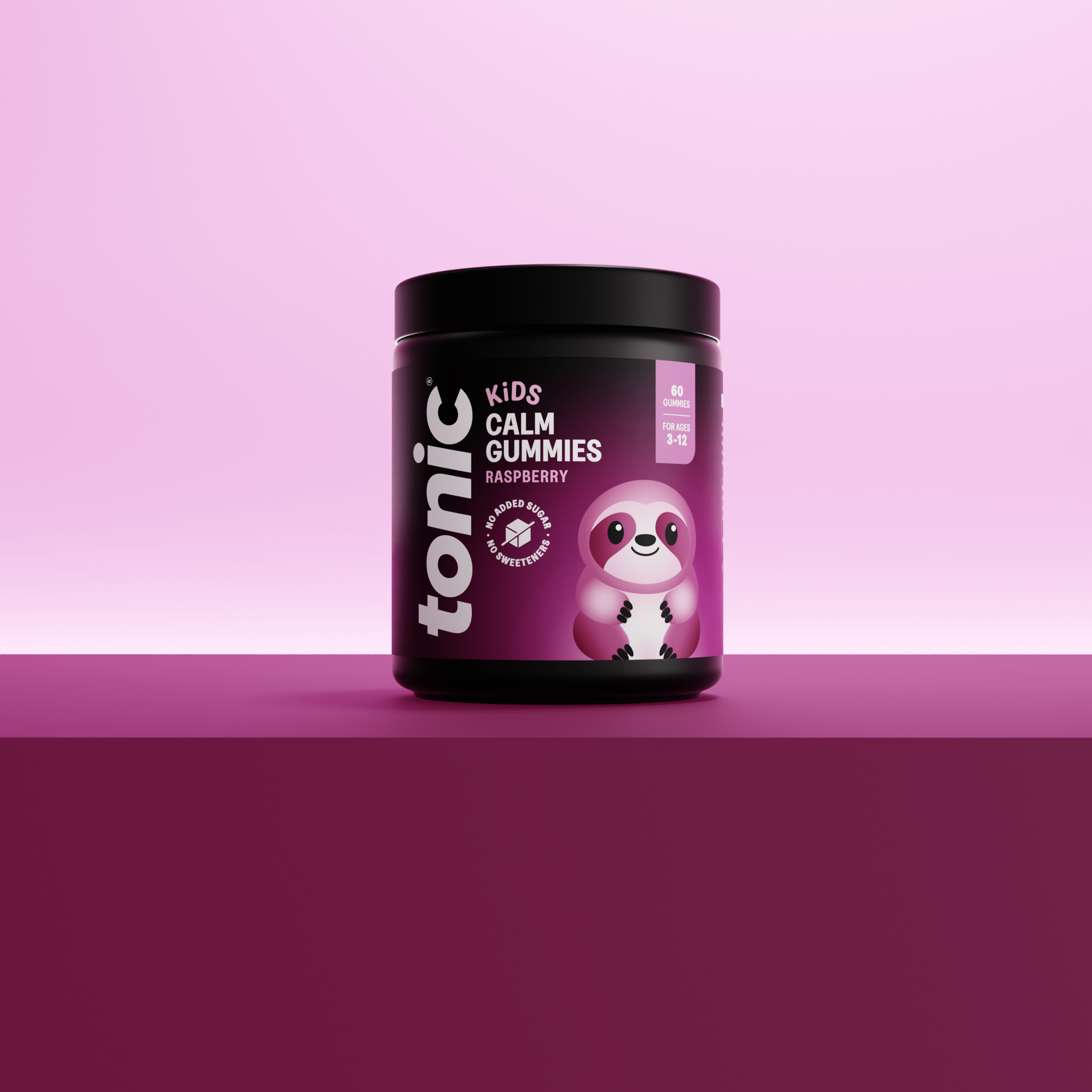Written by Natalie Louise Burrows, Nutritionist and Clinic Director at Integral Wellness
It’s rare to find someone who genuinely dislikes chocolate. Whether it’s combined with fruit and nuts, drizzled with salted caramel, or infused with mint, most people have a favourite variety. Yet, chocolate is often the first thing to be eliminated when people embark on a health kick.
But what if we told you—you don’t have to?
In all my years as a nutritionist, I’ve never told a client to stop eating chocolate, and I doubt I ever will. Keep reading, and although you may decide to switch to a more nutritious type, you’ll realise there’s no need to give it up altogether.
What Is Chocolate?
Let’s first clarify that when we talk about chocolate, we’re not referring to Cadbury’s Dairy Milk. Legally, chocolate must contain a minimum of 25% cocoa solids in the UK (only 10% in the US). Cadbury’s Dairy Milk contains just 20%.
Chocolate is made from the seed—or bean—of the Theobroma cacao tree, predominantly grown in Central and South America. Cacao refers to the raw, minimally processed bean or powder, which retains the highest nutritional value. Cocoa results from roasting these beans, producing a milder, less bitter flavour.
Turning the bean into the familiar chocolate bar involves several stages, including mixing with other ingredients. Chocolate is a composite ingredient made from cocoa mass (derived from the bean), cocoa butter (a fat), and sugar (a sweetener).
The proportion of these ingredients determines whether the result is white, milk, dark milk, dark, or 100% chocolate.
So, what can the cacao bean offer us—and how do we get the most from it?
Eat Chocolate for Your... Heart and Metabolic Health
1. It supports heart health
Dark chocolate is rich in flavonoids—plant compounds that support blood flow, lower blood pressure, and reduce the risk of cardiovascular disease. These compounds promote vasodilation (relaxation of blood vessels), aiding healthy circulation.
2. It can help regulate blood sugar
Surprisingly, dark chocolate may support insulin sensitivity. It is a low-glycaemic food, meaning it doesn’t spike blood sugar. Opt for high-percentage, high-quality dark chocolate with minimal added sugar—it makes an excellent dessert option.
3. It reduces inflammation
Chronic inflammation underlies many conditions, including type 2 diabetes, heart disease, joint pain, and fatigue. Dark chocolate contains polyphenols—powerful antioxidants that can help reduce inflammation when consumed in moderation as part of a balanced, antioxidant-rich diet.
4. It may curb sugar cravings
Cravings could be a sign of poor blood sugar control or magnesium deficiency. A couple of squares of high-quality dark chocolate—rich in magnesium and low in sugar—can satisfy your sweet tooth and reduce cravings over time. Its bitter edge also discourages overeating.
Eat Chocolate for Your... Brain, Mood, and Gut
5. It enhances cognitive function
Chocolate’s flavonoids don’t just benefit your heart—they’re also good for your brain. They may increase cerebral blood flow, improving focus, reaction time, and potentially memory and learning as we age.
6. It lifts your mood
Chocolate’s reputation as a comfort food is well-earned. It stimulates the production of mood-enhancing neurotransmitters. It also contains small amounts of theobromine and caffeine, providing a mild mental boost—without the jitteriness some experience with coffee.
7. It supports gut health
Here’s a lesser-known benefit: the flavonoids in dark chocolate act as prebiotics, feeding beneficial gut bacteria like Lactobacillus and Bifidobacterium. A healthy gut microbiome is linked to improved digestion, stronger immunity, and even better mental health.
Did you know? A 50g bar of dark chocolate can contain up to 5g of fibre!
Eat Chocolate for Your... Skin
8. It may protect and improve skin
Cacao is a rich source of antioxidants, which may help protect your skin from UV damage and support a more youthful appearance. Some research suggests that high-flavanol chocolate can increase skin resilience to sun exposure—but this is no excuse to skip the sunscreen!
Eat Chocolate for Your... Overall Health
9. It’s mineral-rich
High-quality dark chocolate provides essential minerals including magnesium, iron, copper, and manganese—all of which support vital bodily functions from energy production to immune health.
10. It’s a sustainable indulgence
When chosen wisely, chocolate can be a conscious and sustainable treat. Supporting ethical chocolate brands ensures better environmental practices and fairer treatment for cacao farmers—making your indulgence a more responsible one.
Final Thoughts
So, next time you reach for chocolate—do so without guilt. Opt for a bar with a high cocoa content, minimal sugar, and real ingredients. Your body, mind, and even your mood may thank you for it.
-
Natalie Louise Burrows is a registered nutritional therapist (BANT, CNHC) and clinic director at Integral Wellness, a nutrition and health clinic specialising in cardio-metabolic health. Along with her clinic team of nutritionists, they help men and women regain their energy, control their cravings and avoid and reverse type 2 diabetes. They also address health conditions such as high blood pressure, high cholesterol, insulin resistance, fatty liver and heart disease, and weight challenges.







Leave a comment
All comments are moderated before being published.
This site is protected by hCaptcha and the hCaptcha Privacy Policy and Terms of Service apply.